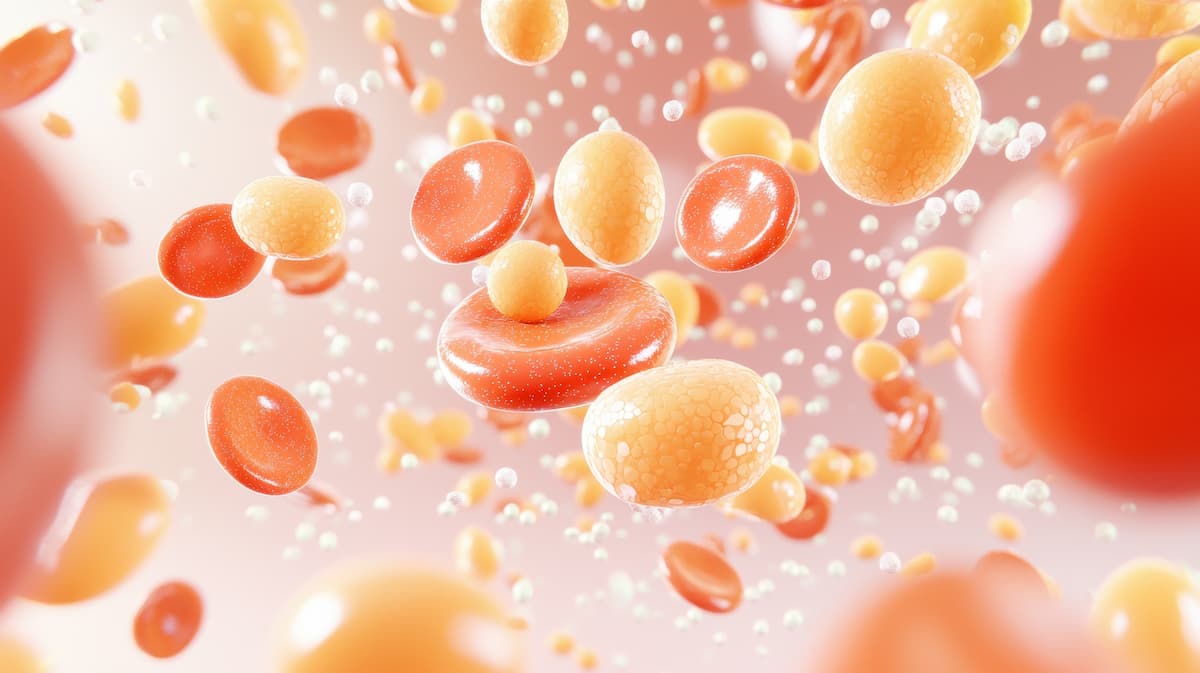Article
Study: Pharmacists Often Have Better Penicillin Allergy Knowledge Than Other Health Professionals
Author(s):
Pharmacists appear to have a better understanding of penicillin allergies than other health care professionals, according to study that included 276 surveys completed by non-allergist physicians, nurse practitioners, and pharmacists at Rochester Regional Health.
Pharmacists appear to have a better understanding of penicillin allergies than other health care professionals, according to study that included 276 surveys completed by non-allergist physicians, nurse practitioners, and pharmacists at Rochester Regional Health.1
The study, which was published in the Annals of Allergy, Asthma, and Immunology, indicated that 78% of pharmacists who responded understood that penicillin allergy can resolve over time, whereas only 55% of the remaining respondents did. Most of the respondents were attending physicians with more than 10 years of experience.
Survey responses reported that physicians had either never referred patients with reported penicillin allergies to an allergist, or had only done so with 1 patient in a year, despite results that indicated more than 80% of general practitioners understood that referral to an allergist for testing is appropriate.
Only 30% of physician survey respondents reported knowing that more than 90% of patients labeled penicillin allergic can tolerate penicillin-based antibiotics. Almost half of respondents indicated that they were unfamiliar with reactions between penicillin and cephalosporin, carbapenem, and monobactam antibiotics.
Previous research has demonstrated that many patients who believe they are allergic to penicillin may not actually have an allergy at all. Only about 20% of individuals with documented penicillin allergy are still allergic 10 years after their initial reaction. The researchers noted that it’s important for patients who are labeled penicillin allergic to be tested by an allergist to confirm.
“We were not surprised pharmacists understood the course of penicillin allergy better than other clinicians, given more extensive pharmacology education,” Mary Staicu, PharmD, lead author of the study, said in a press release about the study.2
Overall, the survey results demonstrated pharmacists’ better understanding of penicillin allergy and antibiotic cross-reactivity. The researchers concluded that poor knowledge of management of penicillin-allergic patients opens opportunity for heightened practitioner education and highlights the importance of a multidisciplinary health care approach that includes pharmacists and allergists.
Reference
- Staicu ML, Soni D, Conn KM, et al. A survey of inpatient practitioner knowledge of penicillin allergy at 2 community teaching hospitals. Annals of Allergy, Asthma, and Immunology. 2017. doi: http://dx.doi.org/10.1016/j.anai.2017.04.023
- Study shows pharmacists knew more about penicillin allergy than MDs [news release]. Illinois. ACAAI’s website. http://acaai.org/news/study-shows-pharmacists-knew-more-about-penicillin-allergy-mds. Accessed June 19, 2017.
Newsletter
Stay informed on drug updates, treatment guidelines, and pharmacy practice trends—subscribe to Pharmacy Times for weekly clinical insights.

FDA Grants Full Approval to mRNA-1273 COVID-19 Vaccine in Children At Increased Risk




